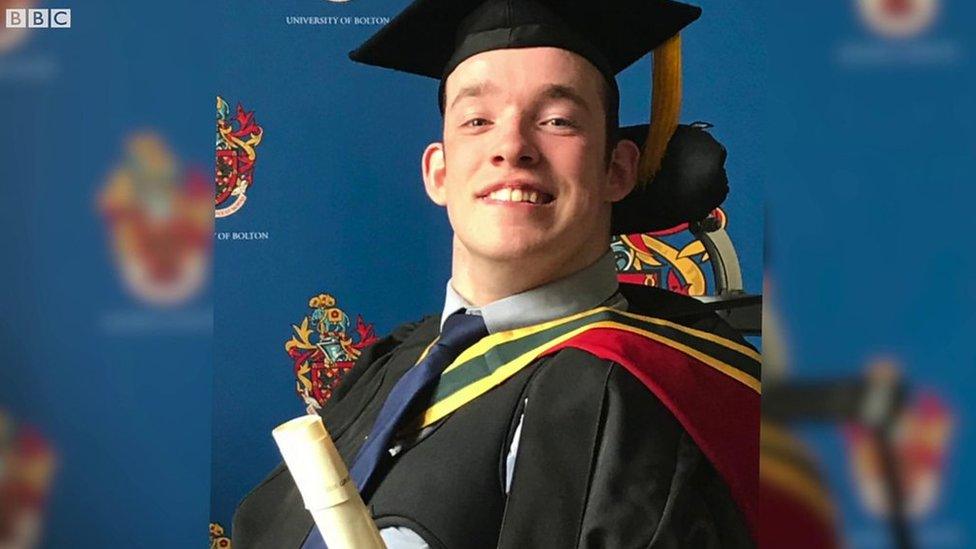Eye-gaze: Pupils in Wales with disabilities use tech to give views
- Published
"It means that their opinions and voices are heard and they can be listened to as well"
Eye-tracking technology, songs and even the smell of vanilla are helping give disabled children an important voice.
A tailor-made survey allows children with profound learning disabilities to tell the children's commissioner for Wales what's important to them.
Concepts are explained using songs and smells, and answers are taken by technology that follows pupils' eyes.
It is part of a survey by commissioner Rocio Cifuentes to identify issues to address to protect children's rights.
The new accessible survey has been developed by Ysgol Ty Coch in Tonteg, Rhondda Cynon Taf, to allow more children to take part.
The school caters for 210 pupils with profound and multiple learning disabilities, including complex autism.
The survey starts with a "hello song", followed by a story about the children's commissioner, using symbols and words to help all children understand.
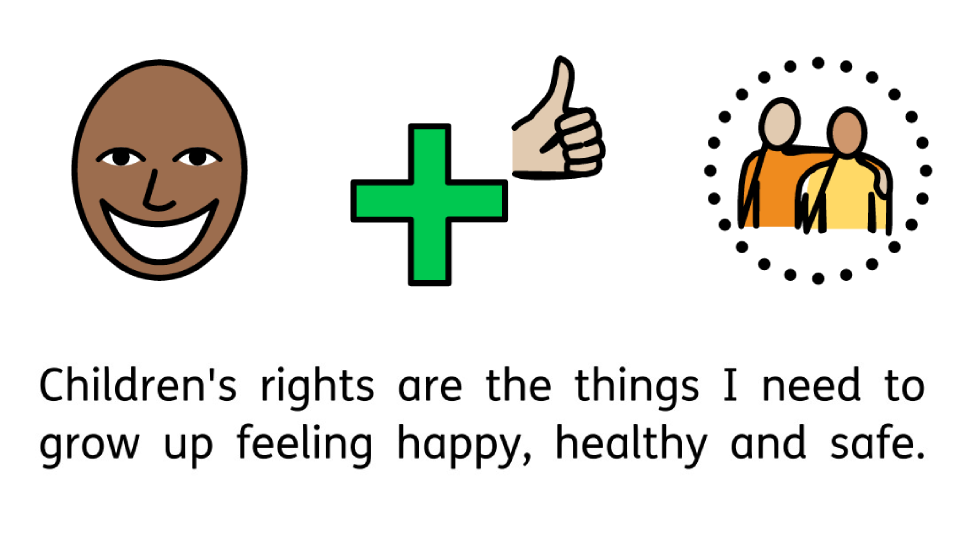
Concepts are explained using symbols to help all children understand
The story begins: "This is Rocio. She is the children's commissioner for Wales. Rocio is from Chile. She moved to Wales when she was a baby."
The smell of vanilla is used to link to Ms Cifuentes' Chilean roots, along with drawings of her and the Chilean flag.
Leigh Wharton, a teacher at the school, explained how it has been tailored for pupils to answer the commissioner's questionnaire for the first time.
'This means everything to the child'
She said the software allows pupils to use their eyes to "give their opinions on what is important to them".
The technology, called Eyegaze Edge, uses a camera to track the pupils' eyes to tell which symbols and answers they are looking at, without them needing to verbally answer.
"This means everything to the child and the family because it means that their opinions and voices are heard and they can be listened to as well," added Ms Wharton.
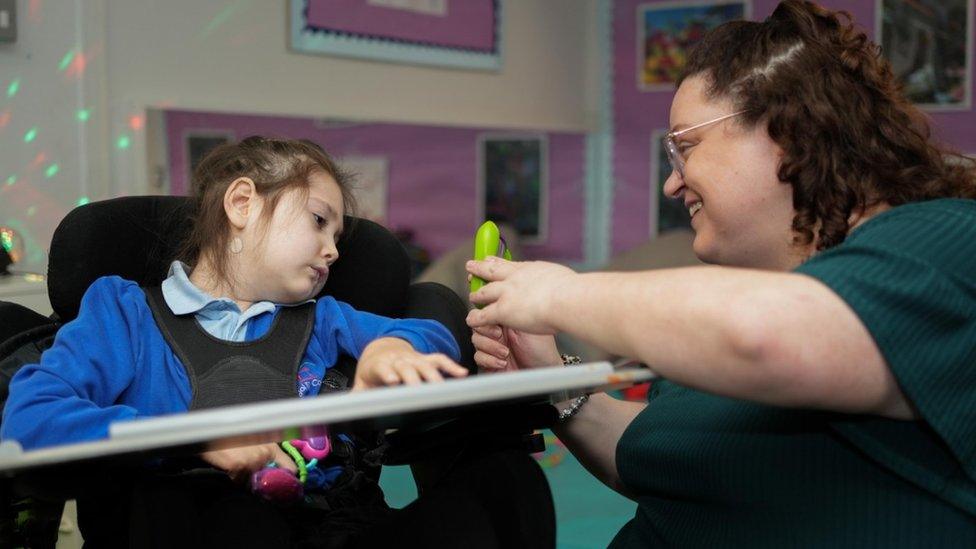
The software means that pupils' opinions are heard, says teacher Leigh Wharton
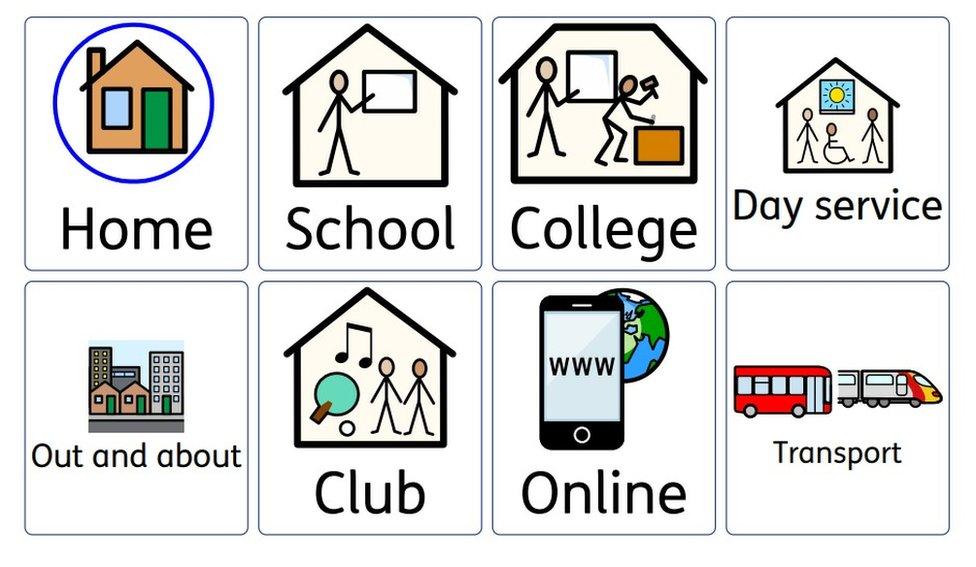
Answers to the questions "Where were you bullied or treated differently", if children indicate they have been
Pupils have already been using the system to communicate on school matters and when they feel ill as it enables them to pinpoint which part of their body is unwell.
The survey, external, which has different versions according to children's ages and needs, will help to inform the commissioner's next priorities which will be announced in April.
The commissioner's current work, external includes improving education for children in hospital settings and providing seamless support in health and social care for children with complex needs.
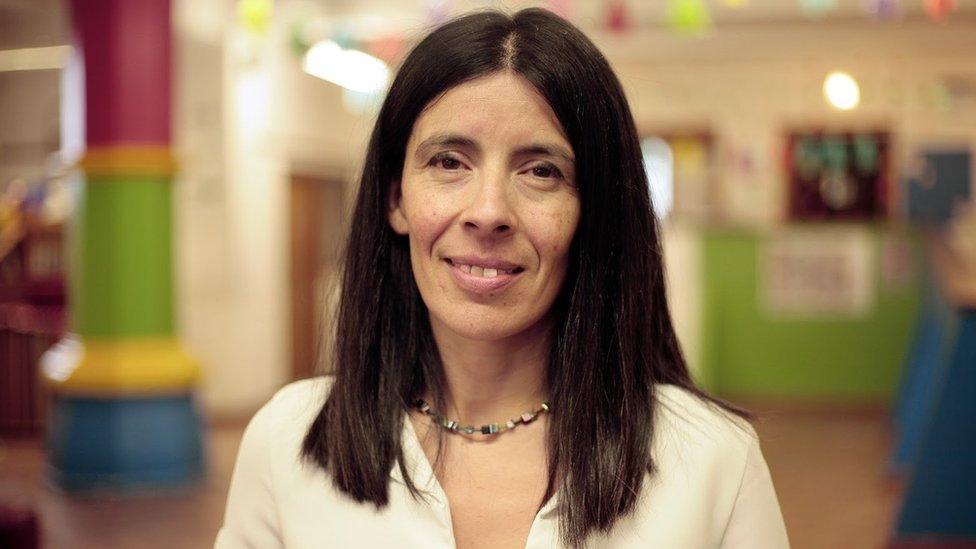
Rocio Cifuentes arrived in Wales as a one-year-old with her parents, who were political refugees
Ms Cifuentes said it was important to ensure the survey, which closes on 5 November, was "accessible to all children, including those with different learning and communication needs".
She said it offered an opportunity for children, parents, carers and professionals to explain in detail "what is on their minds".
"I'm really committed to making sure that the evidence and information they give ends up making a difference," she said.
- Published12 October 2022
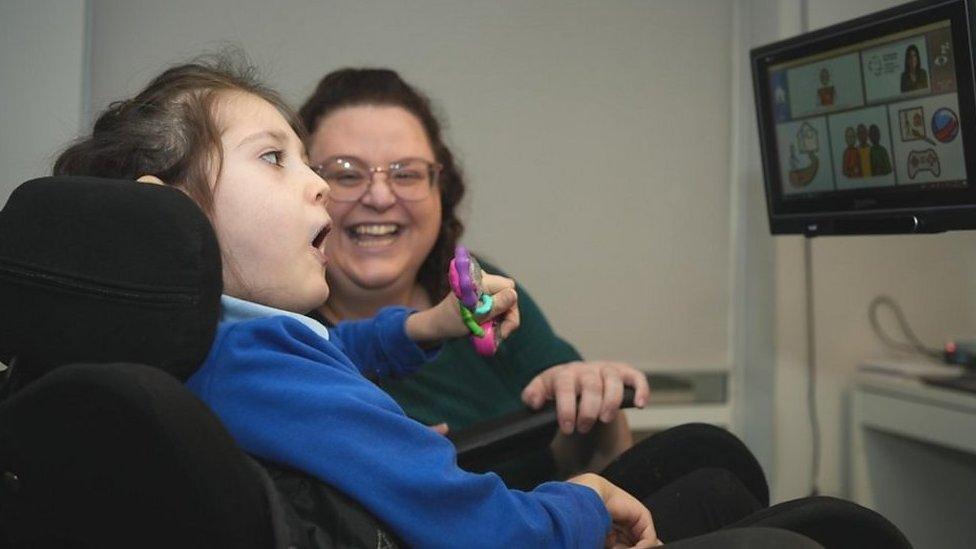
- Published17 April 2019
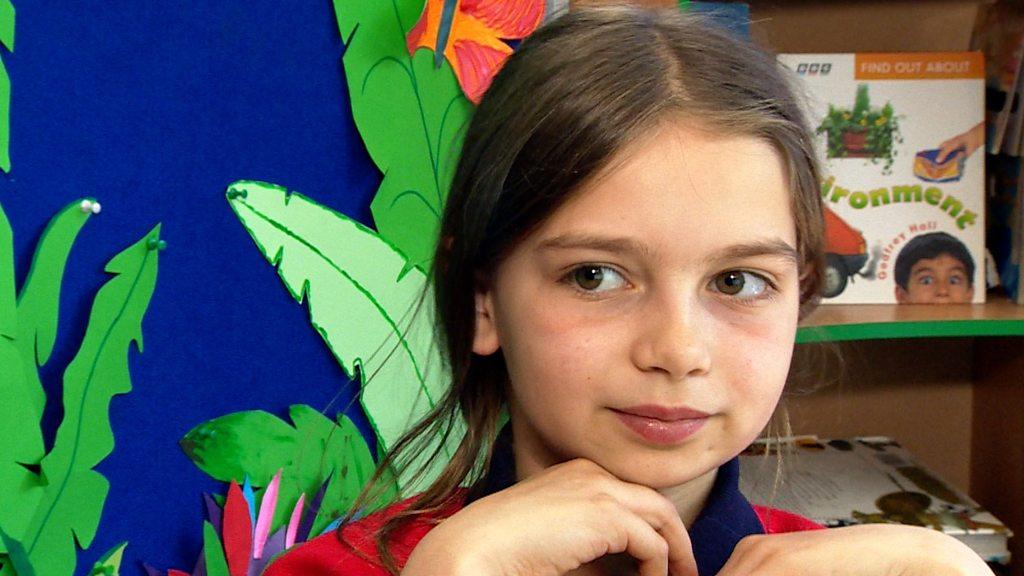
- Published29 January 2016
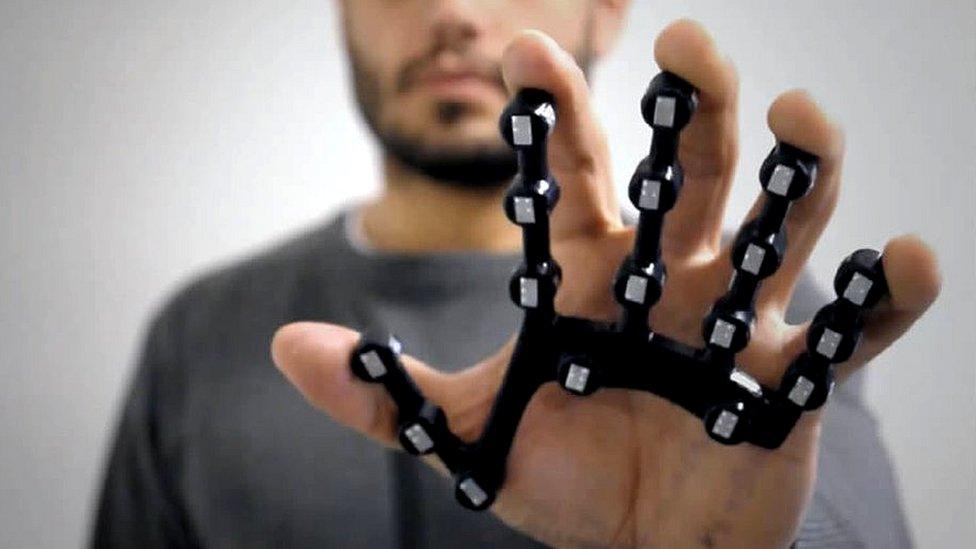
- Published21 August 2018
